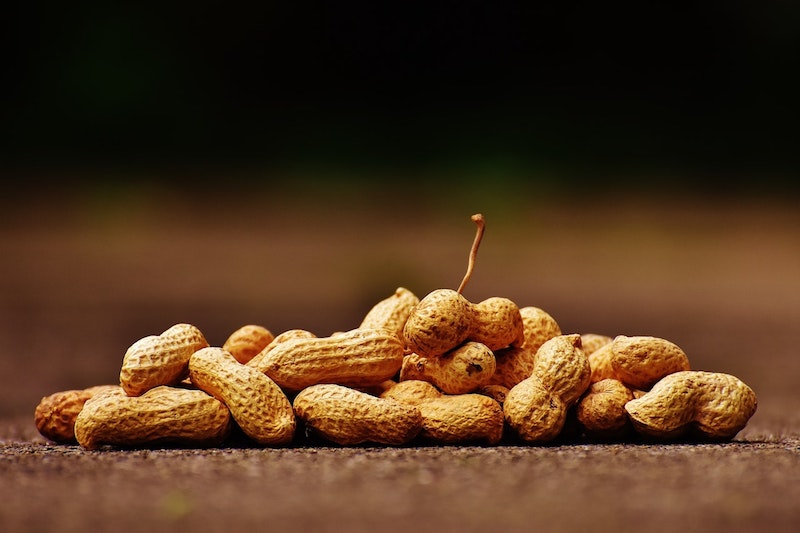Following a review of serving nuts onboard flights, Singapore Airlines (SIA) has officially ceased giving out peanut snacks to its customers.
The review itself was conducted after news emerged of a toddler suffering a particularly bad allergic reaction on board a Melbourne-bound SIA flight from Singapore last July. The Australian Broadcasting Corporation reported that a three-year-old boy with a peanut allergy went into anaphylactic shock after being exposed to the dust and smell from bags of peanut snacks being opened in the cabin.
According to the boy’s father, his son started vomiting and couldn’t speak properly, and his eyes swelled shut. This took place less than an hour into the seven-hour flight back home.
Fortunately, the boy’s family had four pens of adrenaline and other anti-allergy medication, and that helped bring the reaction under control. SIA did accommodate for a nut-free meal for the child, but the family did not expect other passengers to be served peanuts as a snack. They urged SIA and other airlines to stop serving peanuts onboard.
Not so nut-free
SIA apologized for the incident and assured it would review the serving of nuts on board flights. Speaking to Coconuts Singapore, an SIA spokesperson confirmed that it has since stopped serving peanuts as snacks to customers in all cabin classes from April 2018 onwards.
But it hasn’t gone totally nut-free, it seems. “Cashews, macadamia nuts and walnuts continue to be served in Suites and First Class, while almonds and cashews continue to be served in Business Class and Premium Economy Class,” stated the spokesperson. In lieu of peanuts, snack packs in SIA’s economy class have been replaced with peas and crackers.
Attempts to inquire about the reason behind the decision and why other variations of nuts will continue to be served were declined, as the SIA spokesperson noted that they were not able to comment further on the matter.
Why peanuts?

Peanut allergy is one of the most common food allergies in the world, and one that is rarely outgrown. Being a common cause of food-related fatal and near-fatal reactions, it is recognized as one of the most severe food allergies due to its “prevalence, persistence and potential severity of allergic reaction”.
Even small, trace amounts of peanut can cause an anaphylactic reaction. In 2014, UK citizen Amy May Shead was left disabled after suffering a catastrophic anaphylactic shock from a mouthful of a chicken dish that had nuts in it while on holiday in Budapest.
Peanuts grow underground (they’re legumes), and are part of a different plant family than tree nuts such as cashews, walnuts, and macadamia nuts, which grow on trees. Peanut allergies are more common than tree nut allergies, but it is possible for it to overlap, depending on the severity of the allergic individual.
For passengers with nut allergies, SIA does offer nut-free special meals that do not contain peanuts, tree nuts, and their derivatives. Still, it is understandably unable to guarantee a nut-free cabin or an allergy-free environment on board.
“It’s not unusual for other passengers on our flights to be served meals and snacks containing nuts or their derivatives,” SIA noted on its website. “We also have no control over passengers consuming their own snacks or meals on board, which may contain nuts or their derivatives.”




